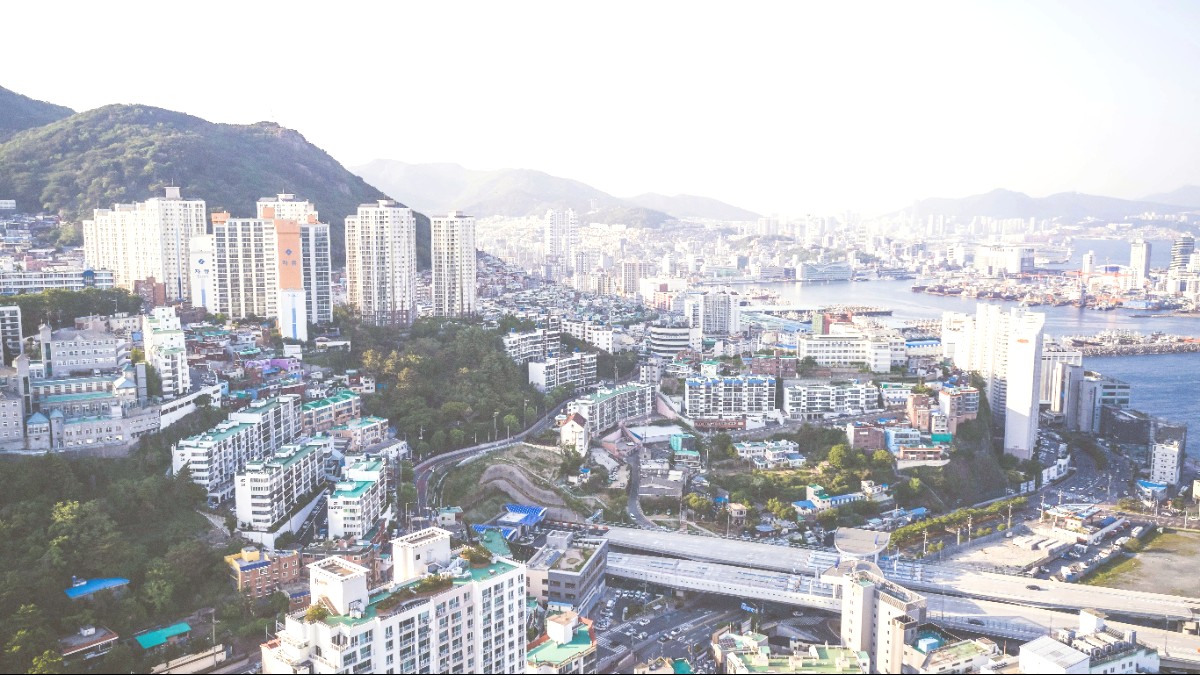
Gyeongsangnam Do, South Korea
Busan contains protected natural areas like coastal zones, mountains (Geumjeongsan), and the Nakdong River Estuary Migratory Bird Sanctuary. Stick to marked trails and avoid disturbing wildlife.
South Korea has strict waste separation and recycling. Familiarize yourself with recycling bins (general waste, plastics, paper, glass, food waste) in public areas, hotels, and stores.
Mindful water use is encouraged. Be conscious of your water consumption during showers and when using taps.
Engaging with local culture respectfully creates a meaningful travel experience.
Many traditional arts, crafts, and historical sites in Busan thrive through local efforts. Simple actions like learning basic phrases demonstrate respect and foster positive interactions.
Be thoughtful when taking photos and visiting sacred places. Respect local practices and privacy.
The number of eco-friendly and sustainably minded businesses is growing. Choose accommodations that prioritize environmental certifications and sustainable practices.
Contribute to environmental efforts by offsetting your carbon footprint and choosing outdoor gear from sustainable brands.
Carry a reusable water bottle and shopping bag to minimize single-use plastics.
Find reusable productsChoose tour operators and accommodations that visibly promote sustainable practices.
Discover eco-staysBe a responsible visitor.
Your travel spending directly benefits residents, strengthening the local economy.
Areas like Gamcheon Culture Village are examples of community-led revitalization. Your support directly benefits local residents and artists.
Opt for products made by local artisans rather than mass-produced items.
Directly support Busan's economy by choosing locally owned establishments for your dining and accommodation needs. This keeps money within the community.
Be aware of any activities that might exploit animals or contribute to harmful practices. Research thoroughly to ensure your choices align with ethical standards.
If you wish to contribute, consider thoughtful giving to reputable local charities or community projects, rather than direct handouts.
Support established non-governmental organizations (NGOs) focused on education or social welfare in Busan.
Contribute to local community initiatives that empower residents and foster sustainable development.
Donate to organizations dedicated to environmental conservation and protection of Busan's natural heritage.
By making conscious spending choices, you directly contribute to the prosperity and well-being of local communities.
Carry a reusable water bottle to refill and avoid single-use plastic bottles.
Use a reusable shopping bag to cut down on plastic bag waste from purchases.
Seek out shops that prioritize eco-friendly products and practices.
Dine at local eateries and shop at traditional markets to keep money within the community.
Learn basic Korean phrases and observe local customs, especially at temples and homes.
Choose tours and activities that respect animal welfare and local traditions.